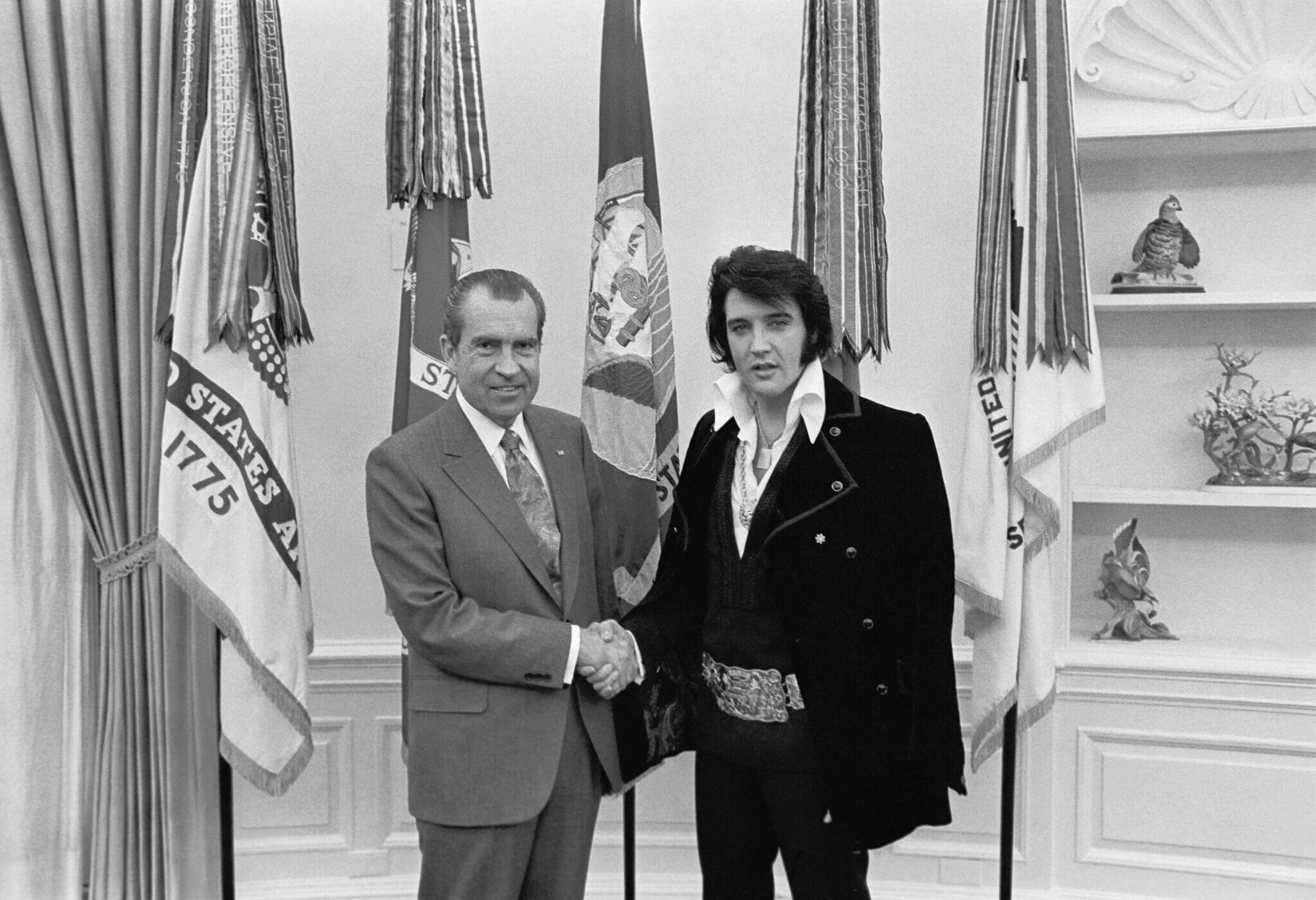The cool one
Some of us learn the hard way that seeking approval from others is a dead end. There will never be enough approval from enough people. (U.S. National Archives)
As a teenager, Claire Danes starred as Angela Chase in the short-lived American TV series My So-Called Life. She lives with her attentive parents and her sister in a nice house in a nice neighborhood; naturally, she eschews them and is drawn to the miserable kids with miserable family lives.
In one episode, Angela’s best friend, Rayanne Graff, gets dangerously intoxicated. Rayanne’s mother, previously established as cool and laid back compared to Angela’s very square, anxious mother, is dismissive: “You are too drunk, young lady. Way too drunk.” She’s angry and annoyed rather than concerned. When someone is needed to save the day, Angela calls her own mother, who calls an ambulance like a responsible adult. Square and anxious can pay off sometimes.
Working with many teachers — and parents — over the years, I’ve learned that you can take the shortcut to being “the cool one.” It involves ignoring responsibility in order to focus on being liked or admired. It’s much harder to be good enough at your job to also be cool.
In high school, we had a French teacher — let’s call her Mademoiselle Pitoyable — who aimed to take this shortcut. Sitting on her desk at the front of the room, she’d ask, “So what’s going on this weekend?” And basically, there would be no class.
At first, we did think it was kind of cool — novel and rebellious — and played along. But then, it seemed embarrassing. Why did Mlle P care about our boring small-town social lives? Meanwhile, we actually did want to learn French, and we were falling farther behind by the day. Mlle P absolutely did not have the skills to effectively teach French and at the same time to be a down-to-earth, relatable teacher who cared about her students. She chose the latter rather than the former, and we were relieved when she was replaced.
You see this pattern play out with authority figures of all kinds, from CEOs to coaches to captains. It’s understandable when someone tries to be the boss they never had, fun and friendly. But that’s not really what their people need from them. A leader has to be able to execute on the hard decisions that no one is going to like. They have to be able to guide their people to a higher level of performance than what is comfortable or easy. They’ve got to say no to what people want when it’s in their best interest to do so, and to ask them to do things they don’t want to do when that is what is required. Not a great way to make friends, honestly.
It is possible to get to the point where you can make the tough calls and let loose with the gang. You can absolutely be a respected leader without sacrificing your ability to connect as a human being. But it’s a process, and there is a time and place. Chocolate chip pancakes are a special treat — they won’t work after a while. They’ll just make you look pitoyable in the eyes of your constituents, be they children or colleagues.
There is no shortcut to being a good leader. If we want to earn the trust of a group of people, we have to do it the hard way: By doing the job well, day by day. Mme Leigh, another French teacher at our high school, was a creative and confident teacher. Too old to care about being cool, she carried herself with an elegance and sense of humor that won her students over. Having mastered the art of teaching French, she could relax and be warm and relatable — in French.
We already know that being desperate to be liked is a turn-off. It will not win over six-year-olds, bored teenagers, or overwhelmed employees, no matter how many sweets and and parties and trips to Disney World and other special perqs you promise. However charmed they may be at first, any effort to be “the cool one” will undermine you in the long run, and may end up causing harm to the people you're supposed to be leading, teaching, or caring for.
The path to true competence is a longer, more arduous one that is far more respectful of the others around you. If you seek to be good at what you do first, you will be earning the trust and esteem of the people you serve instead of buying their favor. You’ll measure yourself by your effectiveness according to metrics that matter in your field, not by the number of fans you have or how devoted they are. By the time you have mastered your craft, you won’t care very much about being liked — which makes you a stronger leader and, ironically, irresistibly charismatic. By then, you’ll know how to wield this power for the common good. Have fun.






